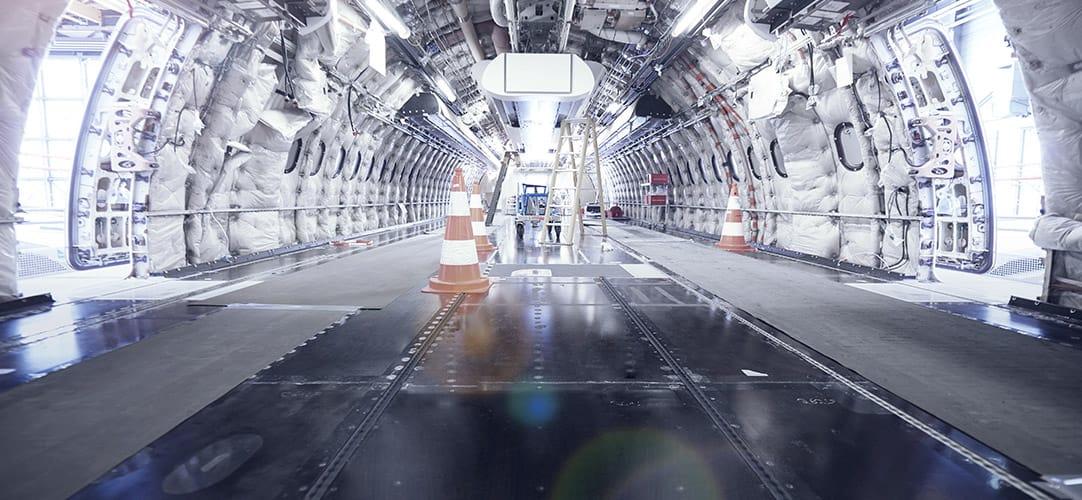
As the Independent Aircraft Modifier Alliance (IAMA) rounds out its first year as an incorporated association and looks to 2021, it is setting its sights on tackling modification pain points for aircraft operators and helping alliance members overcome new challenges arising from the COVID-19 pandemic.
IAMA was incorporated as a nonprofit six weeks before the pandemic lockdown, and since then it has been busy engaging with aircraft modifications stakeholders to identify pain points and implement standards to simplify processes within the retrofit market. It started with a formal survey of the lessor community in January, which identified key issues such as right of use for supplemental type certificates (STC) as aircraft are transferred between lessors and operators, and de-modification when operators decide not to use an installed modification. According to Kimberly Miller, IAMA’s lessor advocate, both issues are challenging because they require chasing down a lot of documents and paperwork.
Miller says the pandemic has complicated these issues further. “We have a lot of assets parked, and as these airlines make their decisions on what their fleets and routes look like in the future, there’s probably going to be a lot of movement of assets,” she says, adding that reduced headcounts at operators makes chasing down the appropriate paperwork for STC processes even more complex, particularly when there are no standardized processes in place.
To alleviate these issues, IAMA worked with members and followed best practices from the International Air Transport Association, publishing its first rulebook in March. Miller says the rulebook gives lessors and operators a trusted community to turn to for handling these types of STC issues, since all IAMA members agree to standardized rules and processes.
Moving into next year, IAMA has a number of new pain points it plans to tackle, including “orphan” STCs, cross authority validation and certification, and maintainability of modifications. According to Nicole Noack, managing director of IAMA, orphan STCs include surrendered or abandoned STCs that are no longer supported by the design organization that achieved it. “If you have an aircraft where you do have a modification installed which is either surrendered or abandoned, then you certainly have a problem in your operation as soon as you need to touch the modified area, for whatever reason,” says Noack, noting that this is particularly problematic for lessors that need to consider the whole lifecycle of an aircraft.
Meanwhile, says Miller, cross authority validation and certification is “the big holy grail of issues” that stakeholders have been trying to chip away at. “Southwest [Airlines] is a great example because they’re a domestic carrier. If I allow them to put in an STC, of course they’re only going to get it certified for the FAA because they don’t do any transatlantic [flying],” she says. “If I want that asset to go be used by British Airways, there’s going to be an issue there with the STC because it’s not approved by EASA.”
Noack notes that although there is a bilateral agreement in place between EASA and the FAA, “the processes still are really time consuming to go through.” For regulatory agencies in Asia, which do not have these agreements in place with FAA or EASA, things are even more complicated. “It’s not that you can’t get it, it’s not that it is unsecure, but it is a paperwork issue and a regulatory issue,” says Noack. “For a leasing company that could mean that their asset is bound to the ground until all the validation work is done, and that could take months if it is not done properly in advance.”
IAMA is working with the German Aerospace Center and Hogeschool van Amsterdam on maintainability of modifications, researching how operators can ensure during the design process that maintenance in a modified area does not cost them money over the lifecycle of the aircraft.
The alliance recently surveyed airlines to identify challenge areas and held workshops to prioritize focus areas for 2021. It plans to publish results by the end of 2020.



